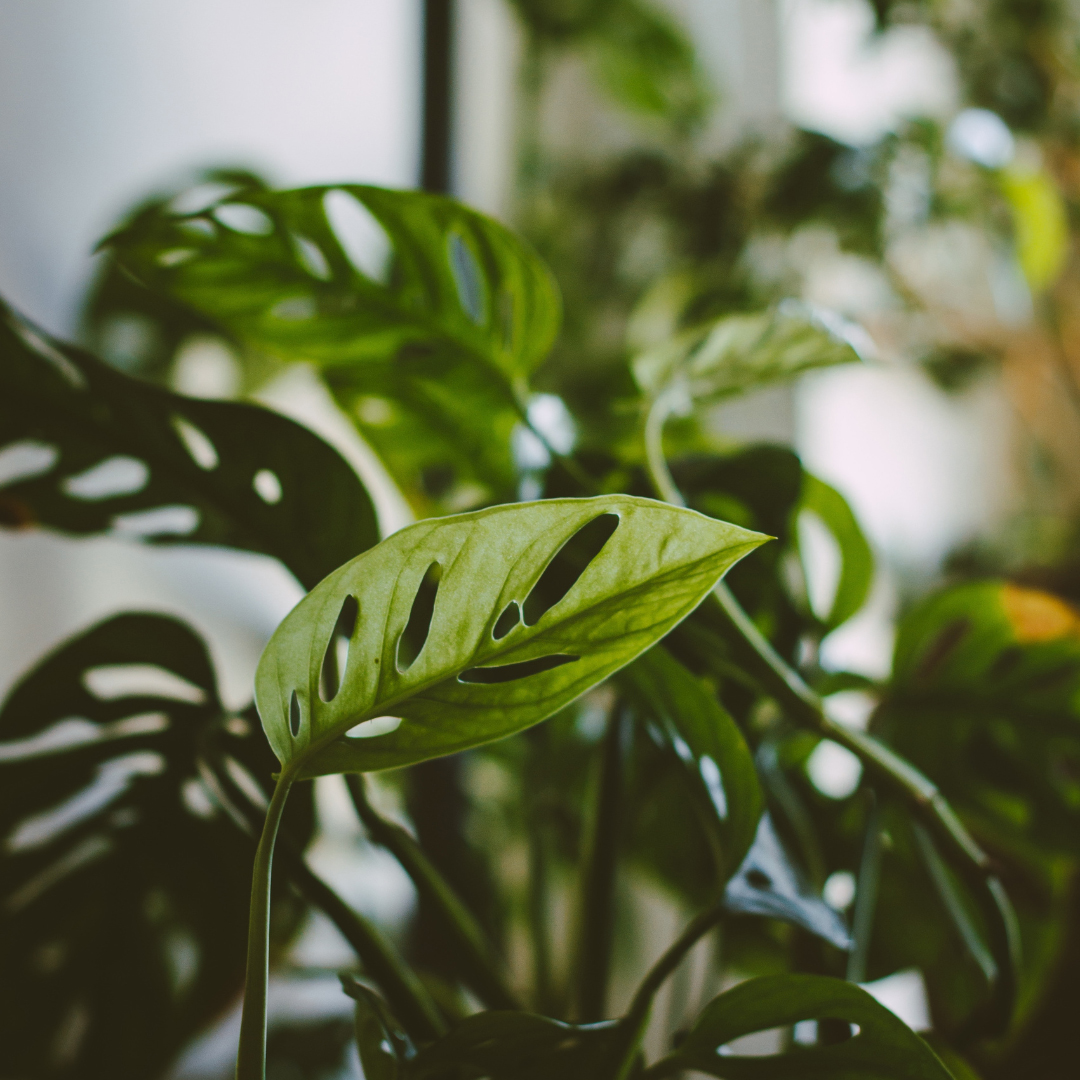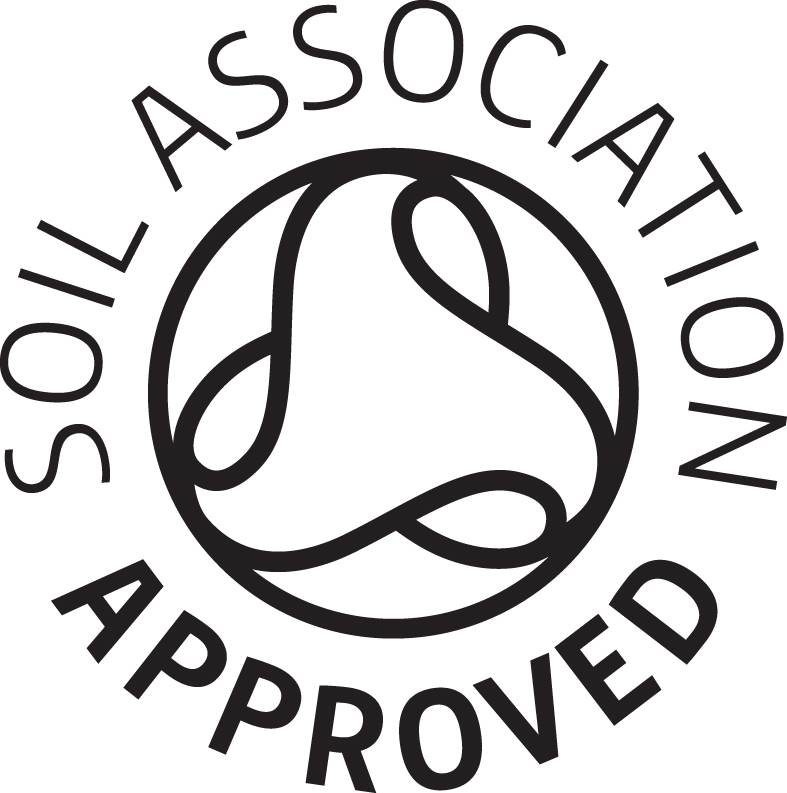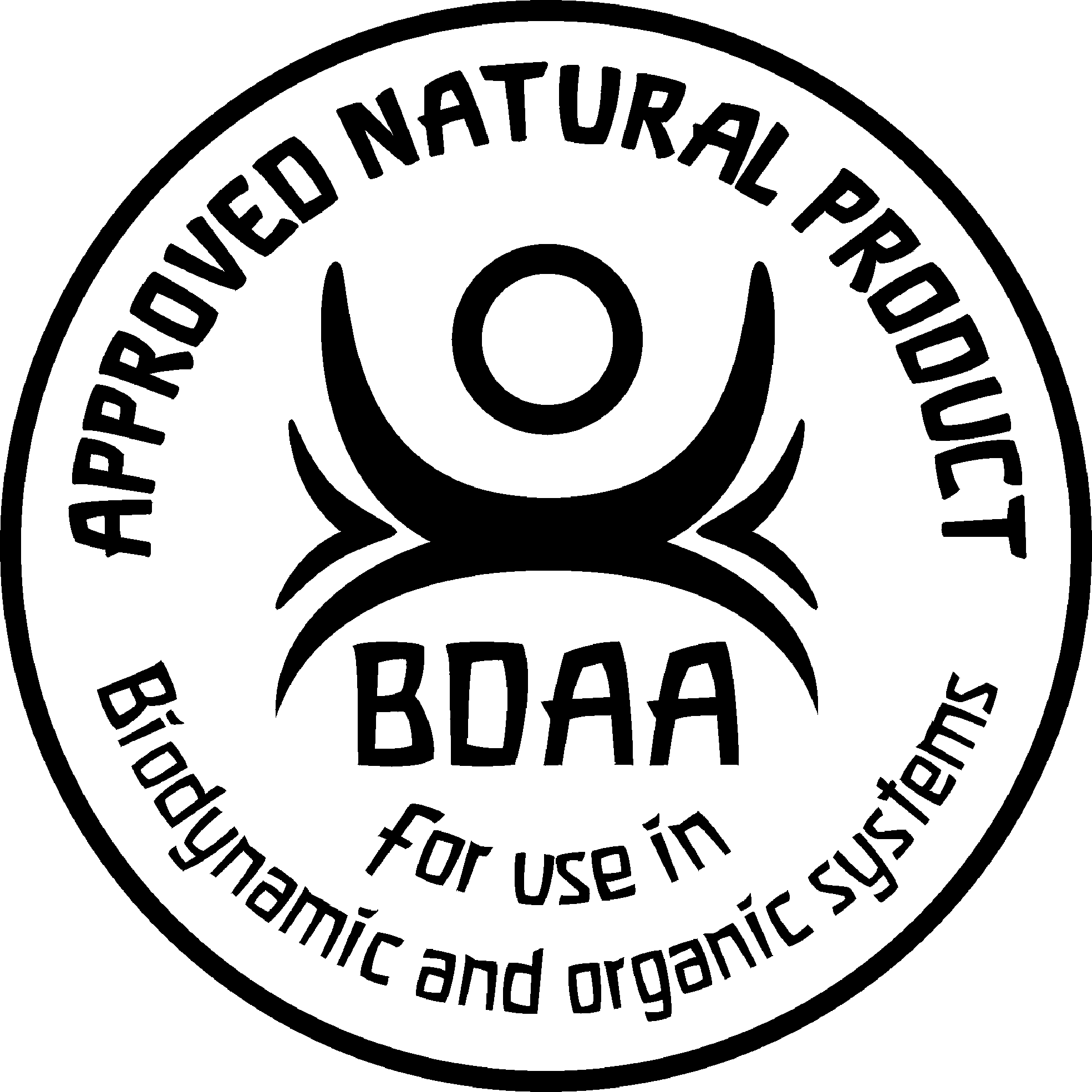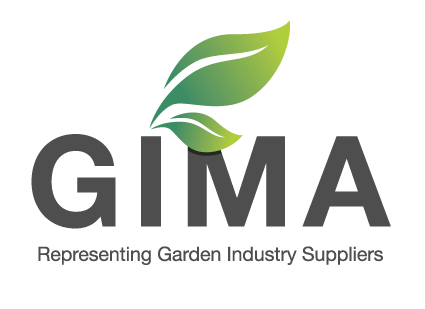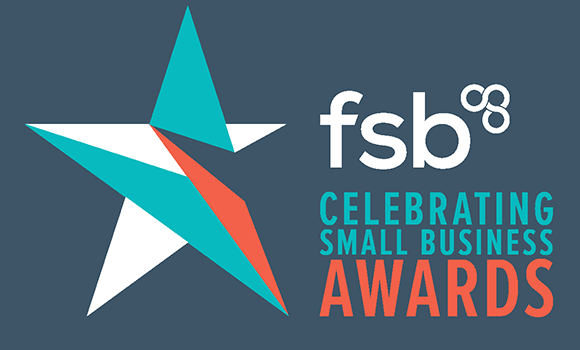Chemical free tips to rebalance the eco-systems in your garden.
#5: Buy in good bugs that eat plant pests and manage the moisture of your soil.
You would have probably given your indoor plants a good feed when spring started, but don’t overlook their health needs as the heat of summer approaches (if it approaches!).
It’s important to protect your houseplants from pests and using ‘good bugs’ to eat the bad bugs is a simple chemical-free option. Consider buying beneficial insects, instead of pesticides.
Be free of Fungus gnats with a two-pronged approach
Have you noticed the annoying little black flies that infest the soil of your houseplants? Tessa, @ladybirdplantcare on Instagram, who provides organic controls for plant pests says, “Lots of people put the influx of flies down to fruit flies until they notice them congregating around their plants and seed trays. But they are likely to be fungus gnats, and they can plague your plants if you don’t treat them periodically.”
Tessa recommends a combination of 2 products: nematodes and sticky traps.
- Sticky traps – Yellow traps attract and ‘catch’ the adult fungus gnats with their stickyness. This stops them laying more eggs.
- Nematodes – The parasitic nematodes work on the eggs and larvae to stop them becoming adults.
“If you do one without the other you will not break the lifecycle and control the fungus gnat infestation,” says Tessa.
Lacewing larvae are ‘good bugs’ that voraciously eat plant pests
Lacewings, particularly their larvae, are known to be voracious predators and can chomp through a long list of pests such as aphids, thrips, spider mites, mealybugs, immature whiteflies, and pretty much any other plant-sucking, soft-bodied insects.
Manage the moisture of houseplants’ soil to reduce the pest problem.
It’s important to ensure the top of your soil is kept reasonably dry, because fungus gnats and other problem pests thrive in a warm moist soil surface.
Water houseplants from the bottom where possible, allowing the roots to take up the moisture they need from below. Help them quench their thirst with a healthy slake of NG Liquid Feed too!
For more organic pest control tips head over to Lady Bird Plant Care.

